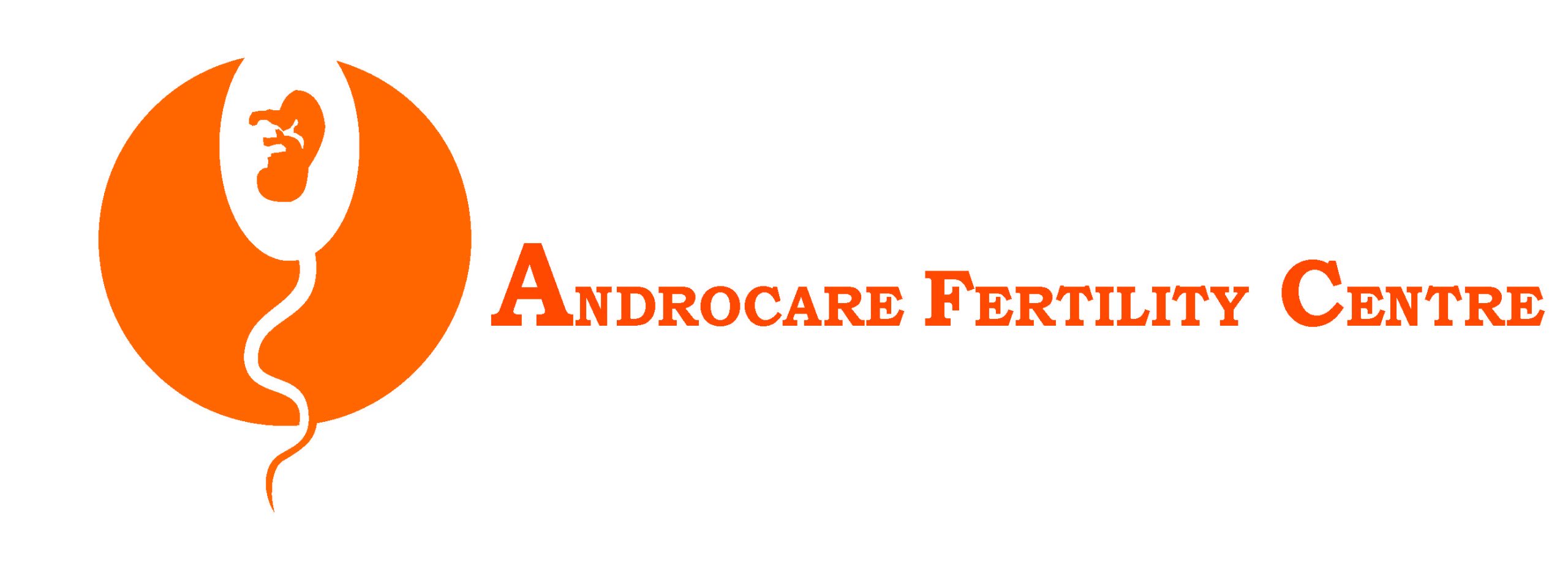Finding Infertility Solutions: Your Comprehensive Guide to Assisted Reproduction
Understanding Infertility and Exploring Initial Infertility Solutions
Infertility, the inability to conceive after a year of regular unprotected intercourse, affects many individuals and couples. Recognizing the need for effective infertility solutions is the first step towards building a family. Assisted Reproductive Technology (ART) offers a range of crucial infertility solutions designed to overcome various reproductive challenges.
Common causes of infertility in both men and women can necessitate exploring these advanced infertility solutions. For men, factors like low sperm count, poor sperm motility, or blockages can hinder natural conception. In women, issues such as ovulation disorders, fallopian tube damage, or endometriosis may require exploring specialized infertility solutions.
Seeking appropriate infertility solutions provides tangible hope for individuals and couples yearning to experience parenthood. The emotional journey associated with infertility underscores the importance of finding timely and effective infertility solutions tailored to individual circumstances.
Less Invasive Infertility Solutions: Intrauterine Insemination (IUI)
Intrauterine Insemination (IUI) stands as one of the initial, less invasive infertility solutions often considered. The IUI procedure involves carefully preparing sperm, a process known as sperm washing, and then directly inserting them into the woman’s uterus.
This timed insemination coincides with ovulation, potentially enhanced by the use of fertility drugs side effects to stimulate egg production, a common aspect of various infertility solutions. Ideal candidates for this infertility solution include couples facing mild male factor infertility, individuals with unexplained infertility, or single women and same-sex couples utilizing donor sperm.
The benefits of IUI as an infertility solution lie in its less invasive nature and often lower cost compared to more advanced techniques like IVF. General IUI success rates by age vary, and factors such as the underlying cause of infertility and the woman’s age significantly influence the effectiveness of this infertility solution.
Comprehensive Infertility Solutions: In Vitro Fertilization (IVF)
In Vitro Fertilization (IVF) represents a more comprehensive array of infertility solutions, addressing a wider range of fertility challenges. The step-by-step IVF process, a cornerstone of advanced solutions to infertility, begins with ovarian stimulation to encourage the development of multiple eggs.
Subsequently, the egg retrieval process involves a minor surgical procedure to collect these mature eggs. Fertilization then occurs in the laboratory, where sperm and eggs are combined. For cases involving male infertility treatment, Intracytoplasmic Sperm Injection (ICSI), a technique where a single sperm is directly injected into an egg, often becomes a vital infertility solution.
Embryo culture follows, allowing the fertilized eggs to develop into embryos before the crucial embryo transfer success rates come into play. Variations of IVF offer tailored infertility solutions. Natural or Minimal Stimulation IVF utilizes lower medication doses, focusing on retrieving fewer but potentially higher-quality eggs. Conventional IVF employs a standard protocol with higher doses of stimulation medication.
Furthermore, Preimplantation Genetic Testing (PGT) stands as an advanced infertility solution, enabling the screening of embryos for genetic abnormalities before transfer, potentially increasing the chances of a healthy pregnancy. General IVF success rates are influenced by factors such as age, embryo quality, and the specific underlying causes necessitating these solutions.
Advanced Infertility Solutions: Expanding Your Options Beyond Standard IVF
Beyond conventional IVF, several advanced infertility solutions offer hope for specific challenges. Gamete Intrafallopian Transfer (GIFT) is one such infertility solution where eggs and sperm are directly transferred into the fallopian tubes, allowing fertilization to occur within the woman’s body.
Zygote Intrafallopian Transfer (ZIFT) is another infertility solution where fertilization occurs outside the body, and the resulting zygote (fertilized egg) is then transferred into the fallopian tubes. In Vitro Maturation (IVM) presents an alternative infertility solution by involving the retrieval of immature eggs, which are then matured in the laboratory before fertilization.
For individuals or couples facing severe issues with egg or sperm quality, or in certain other circumstances, utilizing donor eggs, sperm, and embryos becomes a significant category of infertility solutions. Finally, gestational carriers (surrogacy) provide a crucial infertility solution for women who are unable to carry a pregnancy to term themselves. These diverse advanced solutions expand the possibilities for achieving parenthood.
Surgical Infertility Solutions: Addressing Physical Barriers
Surgical interventions can provide effective infertility solutions by directly addressing underlying anatomical issues that hinder natural conception. For women, various surgical procedures serve as solutions, including fallopian tube blockage treatment to restore patency, and the removal of fibroids or polyps that may interfere with implantation.
In cases of endometriosis, surgery can also improve fertility outcomes. For men facing certain types of male infertility, surgical sperm retrieval techniques offer a crucial solution. Procedures can correct blockages in the reproductive tract (addressing azoospermia treatment) or retrieve sperm directly from the testicles or epididymis when ejaculation is not possible.
It’s important to note that surgery as an infertility solution is often integrated with other ART procedures to provide a comprehensive approach to overcoming fertility challenges
Lifestyle and Pharmaceutical Support as Infertility Solutions
While ART procedures offer direct interventions, adopting a healthy lifestyle plays a supportive role in optimizing the effectiveness of various infertility solutions. Maintaining a balanced diet, engaging in regular exercise, and managing stress can positively influence both male and female fertility.
Conversely, factors like smoking and excessive alcohol consumption can negatively impact treatment outcomes. Pharmaceutical interventions, often involving fertility drugs side effects, are integral to many infertility solutions. In women, these medications are frequently used for ovulation induction, stimulating the development and release of eggs in preparation for IUI or IVF.
In men, certain medications may be prescribed to improve sperm parameters. It’s crucial to understand that medication often forms a vital component of both IUI and IVF cycles, contributing significantly to successful infertility solutions. Additionally, while not primary treatments, the potential role of specific supplements and other supportive therapies may be discussed with a medical professional as part of a holistic approach to enhancing solutions to infertility.
Navigating the Emotional and Financial Aspects of Seeking Infertility Solutions
The journey of seeking solutions to infertility can be emotionally demanding. The uncertainty, the medical procedures, and the financial investment can take a significant toll. Acknowledging these emotional challenges is crucial for individuals and couples pursuing infertility solutions.
Seeking support from therapists specializing in infertility, counselors, and support groups can provide invaluable emotional guidance and a sense of community during this time. Open communication with partners, family, and friends can also offer comfort and understanding throughout the process of exploring available solutions for infertility.
Furthermore, it’s essential to address the financial aspects of infertility solutions. The cost of IVF and other advanced treatments can be substantial. Understanding insurance coverage, exploring available financing options, and researching potential grants or discounts are important steps in navigating the financial landscape of seeking effective solutions.
Choosing the Right Infertility Solutions for Your Unique Situation
Selecting the most appropriate infertility solutions begins with a comprehensive fertility evaluation. Identifying the precise underlying causes of infertility is paramount in determining the most effective treatment path. Open and honest communication with a reproductive endocrinologist is essential to thoroughly explore all available solutions.
During consultations, your specialist will consider several key factors influencing the selection of solutions, including your specific diagnosis, age, financial considerations, and personal preferences. It’s crucial to understand that there is no one-size-fits-all approach when it comes to infertility solutions.
A personalized treatment plan, carefully tailored to your individual needs and circumstances, offers the highest likelihood of achieving a successful outcome in your pursuit of parenthood through infertility solutions.
Conclusion
The landscape of assisted reproduction offers a diverse array of infertility solutions, each tailored to address specific challenges on the path to parenthood. From the less invasive approach of IUI to the comprehensive strategies of IVF and advanced ART techniques, individuals and couples facing infertility have more options than ever before. Surgical interventions, alongside lifestyle adjustments and pharmaceutical support, further contribute to the spectrum of available solutions.
Navigating this journey requires a thorough understanding of the available choices, open communication with fertility specialists, and careful consideration of personal, emotional, and financial factors. Choosing the right solutions is a deeply personal decision, and a personalized treatment plan, guided by expert medical advice, offers the best chance for a positive outcome.
While the path may present emotional and financial hurdles, the advancements in assisted reproductive technology continue to provide hope and viable solutions for those striving to build their families. Taking that first step towards seeking professional help is often the most significant move towards finding the right solutions that can make the dream of parenthood a reality.
What are the first steps to take when exploring infertility solutions?
The initial steps in exploring infertility solutions involve scheduling a consultation with a qualified fertility specialist. This expert will conduct a thorough evaluation, including a review of your medical history, physical examinations, and targeted fertility testing such as sperm analysis and ovulation assessments. The goal is to pinpoint potential causes of infertility and lay the groundwork for recommending the most suitable infertility solutions tailored to your specific needs.
Are infertility solutions always expensive?
The cost associated with infertility solutions can vary considerably based on the complexity of the treatment chosen. Less invasive options like Intrauterine Insemination (IUI) generally entail lower expenses compared to more advanced procedures such as In Vitro Fertilization (IVF). It is crucial to have an open discussion about the costs with your fertility clinic and to investigate your insurance coverage, explore available financing plans, and inquire about any potential grants or discounts that could help make pursuing infertility solutions more financially manageable.
What emotional support is available when undergoing infertility solutions?
Navigating the journey of infertility and seeking infertility solutions can present significant emotional challenges. It is highly beneficial to seek emotional support. Many fertility clinics offer counseling services or can provide referrals to therapists who specialize in reproductive health. Additionally, connecting with support groups and online communities can offer a valuable network of individuals who understand the emotional complexities involved in pursuing infertility solutions.
What are the success rates of different infertility solutions?
Success rates for various infertility solutions are influenced by several factors, including the specific type of treatment employed, the age of the individuals involved, the underlying causes of infertility being addressed, and the expertise of the fertility clinic. For instance, the success rates for IUI tend to be lower per cycle than those for IVF. Your fertility specialist will provide you with realistic expectations regarding the potential success rates based on your unique situation and the specific infertility solution recommended for you.
How do I know which infertility solution is right for me?
Determining the ideal infertility solution is a collaborative process between you and your fertility specialist. It depends on a multitude of factors, including the diagnosed cause of infertility, your age, overall health status, financial considerations, and your personal preferences and values. Your specialist will thoroughly discuss all relevant treatment options, explain their potential success rates and associated risks, and guide you in making an informed decision that aligns with your circumstances and goals for finding effective infertility solutions.

